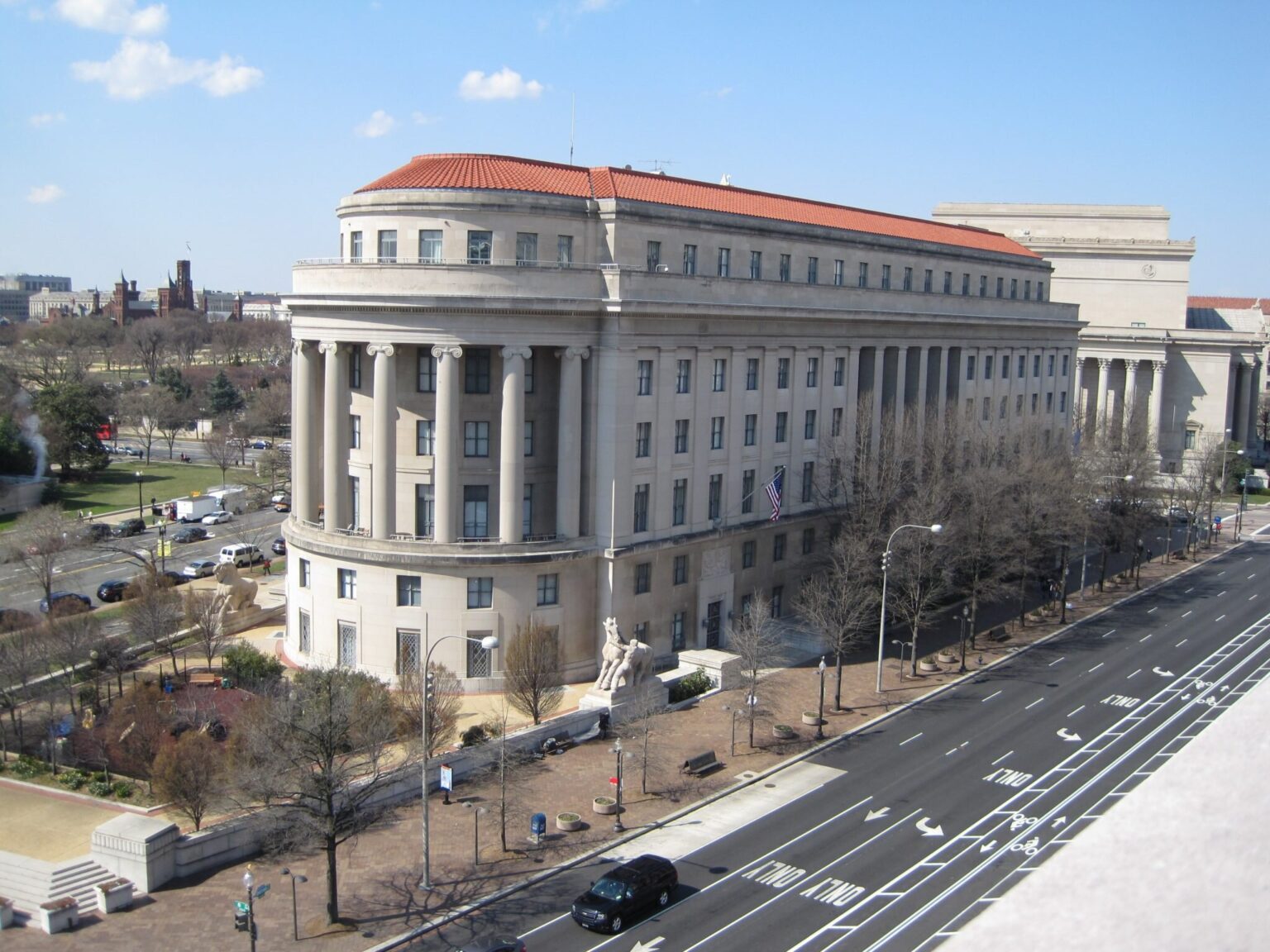Elon Musk, the billionaire entrepreneur and advocate for government efficiency, has publicly endorsed a legislative proposal aimed at consolidating antitrust enforcement under a single agency.
The proposal, known as the One Agency Act, seeks to transfer antitrust authority from the Federal Trade Commission (FTC) to the U.S. Department of Justice (DOJ), Reuters reported. This move has sparked significant debate, with supporters arguing for streamlined oversight and critics warning of weakened competition protections.
Musk signaled his approval of the proposal via a post on X, formerly known as Twitter, in response to U.S. Senator Mike Lee’s statement supporting the bill. Senator Lee, a Republican from Utah, has long championed the consolidation of federal antitrust enforcement, asserting that maintaining two agencies with overlapping responsibilities is inefficient. “We should no more have two antitrust agencies than two presidents of the United States—no more than the Catholic Church should have two popes,” Lee stated.
Currently, both the FTC and DOJ share jurisdiction over antitrust matters, with the DOJ primarily handling criminal cases and the FTC focusing on civil enforcement. This division has existed for over a century, with each agency playing a critical role in monitoring and curbing anticompetitive business practices. If the One Agency Act were enacted, the FTC would retain its consumer protection responsibilities but lose its authority to regulate unfair methods of competition—a power it has used to take legal action against major corporations, including pharmacy benefit managers in 2024.
While proponents, including Musk, argue that consolidating antitrust enforcement under the DOJ would eliminate bureaucratic redundancies and improve government efficiency, opponents express concerns that the move would significantly weaken competition oversight. Democratic lawmakers have voiced fears that stripping the FTC of its authority would hinder efforts to prevent monopolistic practices and protect market competition.
The bill, originally proposed by Lee in 2020, has been reintroduced in the U.S. House of Representatives by Representative Ben Cline, a Republican from Virginia. Under the proposed legislation, the head of the DOJ’s antitrust division would gain the authority to restructure the newly merged agency, further reshaping federal competition enforcement.
The debate over antitrust enforcement reform is likely to continue, with policymakers weighing the potential benefits of streamlined regulation against the risk of diminishing critical oversight mechanisms. While Musk’s support lends visibility to the initiative, the broader implications of the One Agency Act remain a contentious issue among lawmakers, regulatory experts, and business leaders.
